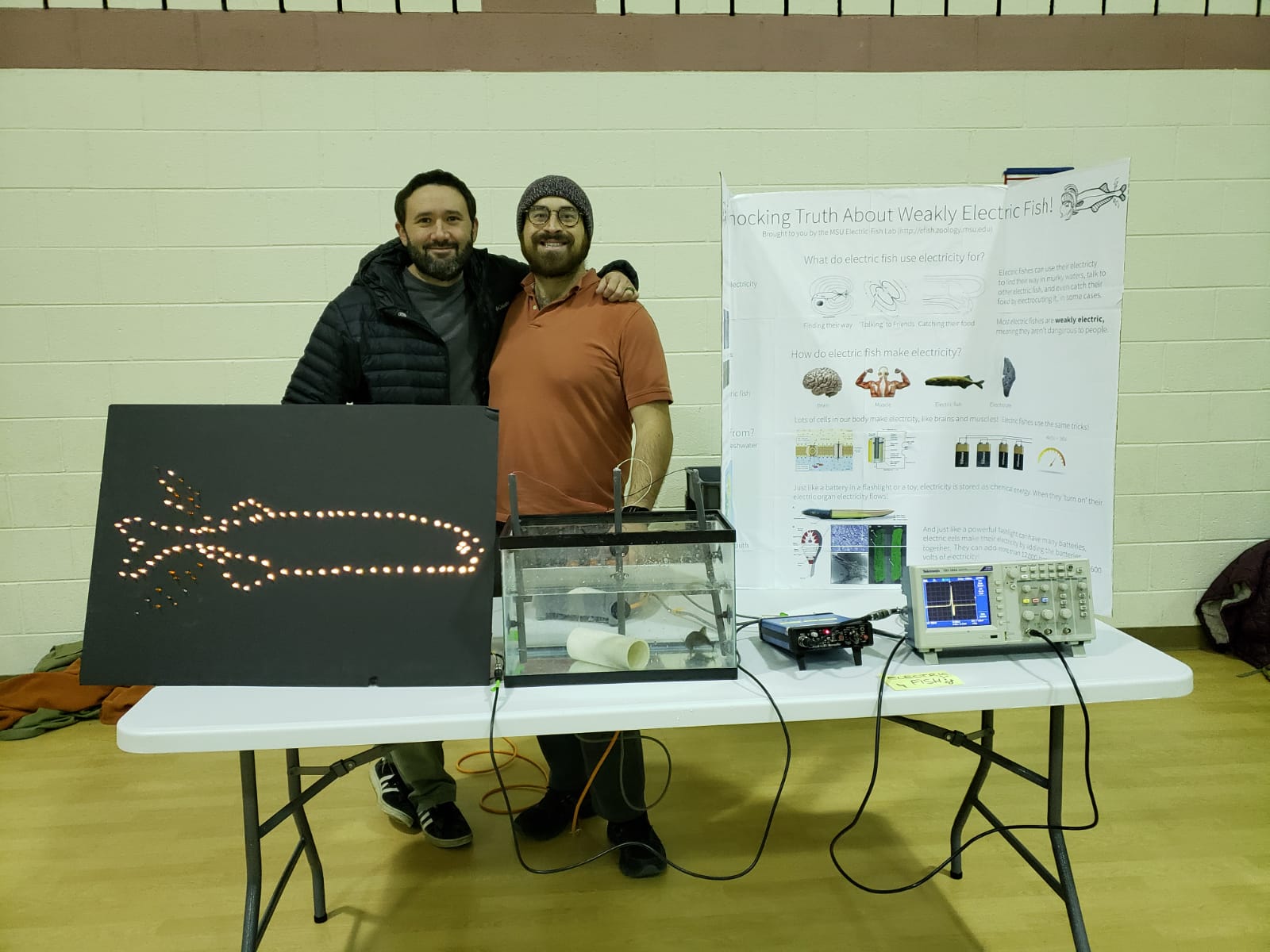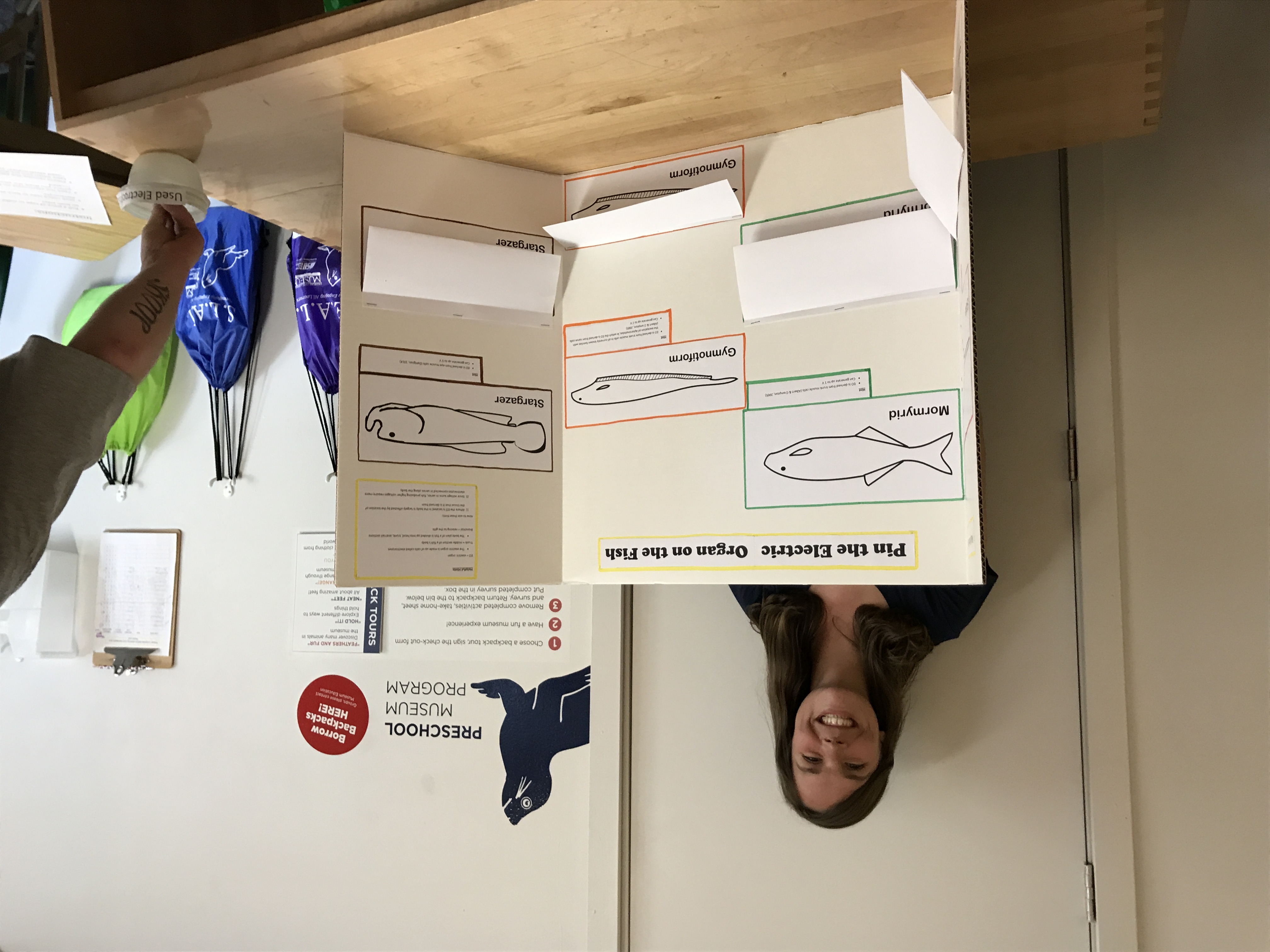Teaching & Outreach
I teach with a simple goal: help students become curious, self-directed biologists—not memorize “a pile of sundry facts.” That means inquiry-based courses, plenty of low-stakes practice on the way to big, meaningful products (papers, projects), and regular, individualized feedback (including 1–2 required one-on-ones in writing-intensive classes). I also build project-based labs that develop conceptual, procedural, and “how we know” (epistemological) skills.
How this shows up in my classes
- Scaffolded assignments that build toward a final paper or research product.
- Multiple chances to demonstrate mastery (and make & learn from mistakes).
- Activities that pull in students’ own interests—then push them further.
- Clear, frequent, constructive feedback the whole way through.
Currently Teaching
Writing-intensive exploration of evolution from population genetics to speciation. Students build a polished term paper on a contemporary controversy through scaffolded assignments, peer review, and 1–2 required one-on-one meetings. Emphasis on interpreting primary literature and real datasets; honors students design classroom lessons using electric fish to teach evolutionary principles.
Previously Taught
Graduate seminar on the conceptual, theoretical, and empirical foundations of evolution. Student-led discussions of classic and current papers culminate in synthesis essays and presentations. Threads include selection, macroevolution, behavioral evolution, and genomics—always with an eye toward framing testable hypotheses.
Active-learning course emphasizing modern genetics and genomics. A signature lab module guides students through RNA interference in C. elegans targeting homologs of human disease genes, with imaging and data interpretation. Weekly discussions connect development to society (e.g., teratogens and environmental justice).
Weekly journal club on next-generation sequencing and study design for grads, postdocs, and faculty. Participants present methods/papers and write short digests. Topics span RNA-seq, variant calling, long-read/Oxford Nanopore, workflow best practices, and leveraging MSU HPCC resources.
Hands-on RNA-seq workshop (Montevideo, 2019) covering experimental design, QC, alignment, and differential expression with reproducible analysis workflows—built around shared notebooks and examples hosted on GitHub.
Mentoring
Training scientists is a core part of my job and our lab culture. Since arriving at MSU, I’ve mentored graduate students, postdocs, technicians, and a large cohort of undergraduates—many from groups historically underrepresented in STEM. Our undergraduates have an excellent track record of moving on to graduate programs, and my mentoring has been recognized with college-level and student-selected awards. I also invest in mentoring the mentors, building structured mentoring practices for the whole group.
What this looks like in practice
- Intentional on-ramps for undergrads, with real ownership of projects.
- Regular 1:1s focused on goals, feedback, and growth.
- Explicit training in research design, analysis, and communication.
- A welcoming lab that values diverse backgrounds and experiences.
Outreach
Public outreach is a huge component of our work. You’ll find us around Michigan (and beyond) showing how electric fish sense their world and how we turn those signals into light and sound. A favorite campus tradition is our Electric Fish Christmas Tree—and yes, you can build one too. We also bring a traveling, multi-modal “electric fish experience” to K-12 schools, reaching hundreds of students with hands-on activities that connect life and physical sciences.

Several members of the lab are active in training teachers through the Kellogg Biological Station’s GK-12 Program. Shown here are Mau and Savvas leading a recent session. We’re building and sharing open materials teachers can drop straight into their classrooms—especially useful for middle-school physics when discussing “forms of energy.” (Fun fact: electric fishes helped inspire the voltaic pile.)

Of course, learning about electric fish can be fun and games. We’ve developed tactile activities to spark curiosity about anatomy and physiology—like Kat’s “Pin the electrocyte on the electric fish.” We also participate in the MSU Science Festival and East Lansing Science Nights, meeting hundreds of kids and families each year.
For Teachers & Partners
We collaborate with schools to co-design lessons, from single-day activities to short project modules. If you’re a teacher or community partner interested in classroom visits or materials, get in touch—we’re happy to help.
